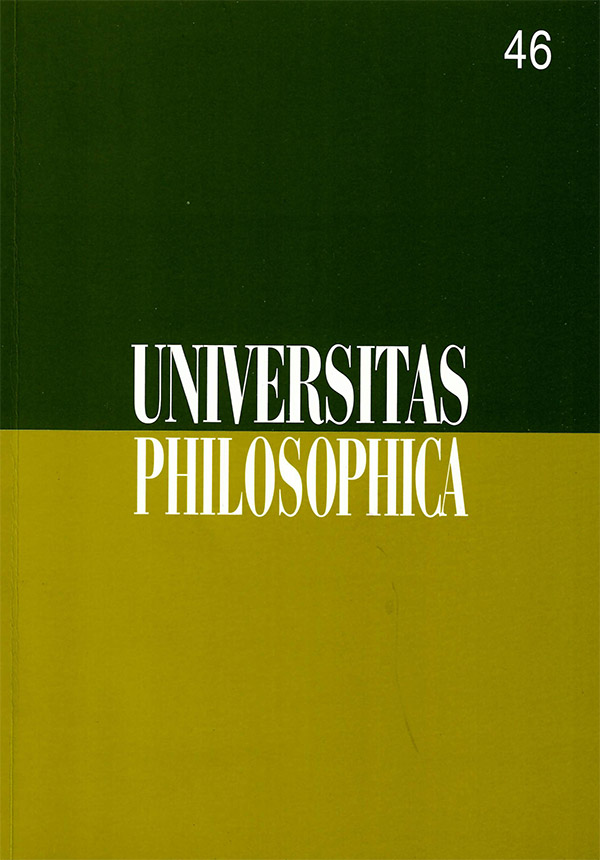Abstract
This paper has been divided in three parts. In the first one, it is shown how, according to Vattimo’s hermeneutics, true statements are not more than statements justified in an ideal way. In the second one, it is explained how, according to R. Rorty, true statements are not more than justified statements for us, namely, heirs of a contingent lexicon. Finally, what Habermas has said against a conceptualization of truth, given in terms of a justified discursively assertionability, is examined. The author explains how Habermas' viewpoint argues in favour of a kind of pragmatic realism, endorsing the idea of a unique objective world and maintaining its differences from the well known epistemic realism.This journal is registered under a Creative Commons Attribution 4.0 International Public License. Thus, this work may be reproduced, distributed, and publicly shared in digital format, as long as the names of the authors and Pontificia Universidad Javeriana are acknowledged. Others are allowed to quote, adapt, transform, auto-archive, republish, and create based on this material, for any purpose (even commercial ones), provided the authorship is duly acknowledged, a link to the original work is provided, and it is specified if changes have been made. Pontificia Universidad Javeriana does not hold the rights of published works and the authors are solely responsible for the contents of their works; they keep the moral, intellectual, privacy, and publicity rights.
Approving the intervention of the work (review, copy-editing, translation, layout) and the following outreach, are granted through an use license and not through an assignment of rights. This means the journal and Pontificia Universidad Javeriana cannot be held responsible for any ethical malpractice by the authors. As a consequence of the protection granted by the use license, the journal is not required to publish recantations or modify information already published, unless the errata stems from the editorial management process. Publishing contents in this journal does not generate royalties for contributors.


